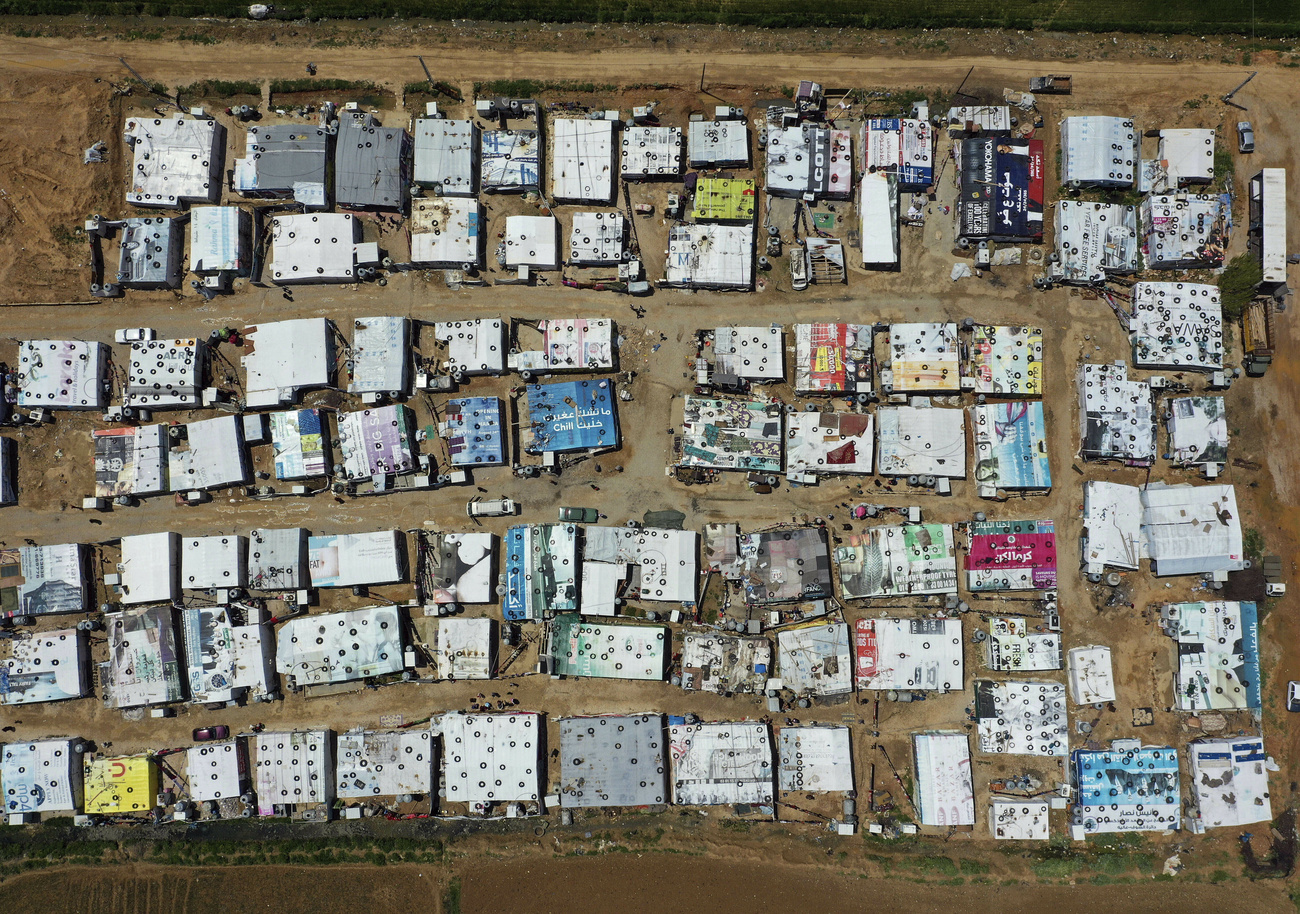
Boost for Franco-Swiss police cooperation

Switzerland and France are taking a major stride in combating cross-border crime with the creation of a joint police and customs centre in Geneva.
The protocol establishing the Centre for Police and Customs Cooperation (CCPD) was signed in Geneva by the Swiss justice and police minister, Ruth Metzler, and the French interior minister, Daniel Vaillant. The centre, which will open this summer, is based at Geneva airport.
Metzler told swissinfo that the centre would cement the “already good cooperation” between the two countries in this field. The main aim of the CCPD is to provide a rapid exchange of information between the customs and police forces of the two countries.
“This centre will facilitate cooperation, because there are currently certain judicial and administrative obstacles,” Metzler said.
Cross-border pursuit
One of the most talked-about innovations is the ability of police officers to pursue suspects onto the territory of the other country – “the end of a taboo and a big step forward”, as Jacques Strahm, commander of the border guards in French-speaking Switzerland, puts it.
All it will take to cross the border is a simple phone call to the CCPD. However, police will only be able to make arrests on their own territory.
“This will give us a point of contact that will allow us to contact the French police much more rapidly,” says Gérard Maury, the head of Geneva’s international security police.
On a day-to-day level, police and customs officials will have immediate access to the files of the other country. Police in Zurich, for example, who intercept a French car that they suspect has been stolen, can contact the CCPD and find out in a matter of minutes what would now take 24 hours.
Crime wave
The decision to create the centre, taken as long ago as 1998, was motivated principally by a wave of crime in Geneva carried out by gangs of youths from the French city of Lyon, which lies just an hour away.
Geneva, with its relatively rich pickings and many unmanned border crossings, has been identified by the gangs as a prime target. One senior border guard officer told swissinfo: “To them, Geneva is like a supermarket. They can get big cars, luxury goods. They can help themselves.”
The 50 or so back roads that cross the border but have no permanent customs or border guard presence also provide an ideal route for criminals from third countries to smuggle contraband goods, drugs and people.
Matters came to a head two years ago with the death of a Swiss border guard, who was knocked over at a checkpoint by a stolen transit van.
Strahm says that, following a number of incidents in which Geneva border guards have opened fire on stolen vehicles that have failed to stop, the Lyon gangs have become increasingly active in other Swiss cantons, notably Basel and Jura. These, like all Swiss cantons, will be able to make use of the centre.
Schengen
The CCPD will be staffed 24 hours a day and have a staff of 40, made up of 20 from each country. It is the first centre of its kind in Switzerland, although another is to be built in Chiasso to facilitate cooperation between Switzerland and Italy.
This project has been much delayed, but the protocol establishing this facility is expected to be signed in the near future. The Swiss authorities hope it will be up and running later this year.
The bilateral accords with France and Italy share many features of the European Union’s Schengen accord on cross-border security. The Swiss are hoping to open negotiations with the EU in the near future on joining the system.
These security arrangements are being seen as a symbolically important first step towards Swiss membership of Schengen. But Metzler made it clear that the centre was a necessity “with or without Schengen”. She pointed out that Schengen member states also had similar bilateral arrangements with each other.
by Roy Probert

In compliance with the JTI standards
More: SWI swissinfo.ch certified by the Journalism Trust Initiative































You can find an overview of ongoing debates with our journalists here . Please join us!
If you want to start a conversation about a topic raised in this article or want to report factual errors, email us at english@swissinfo.ch.